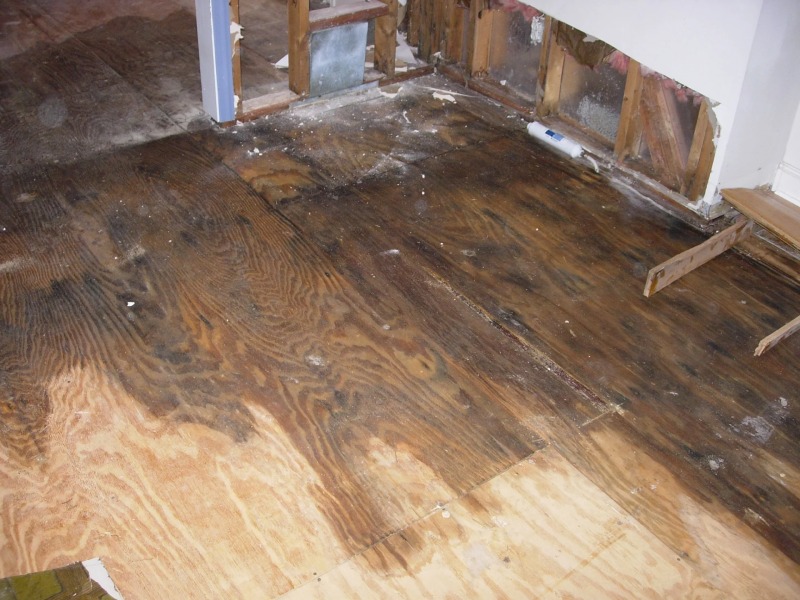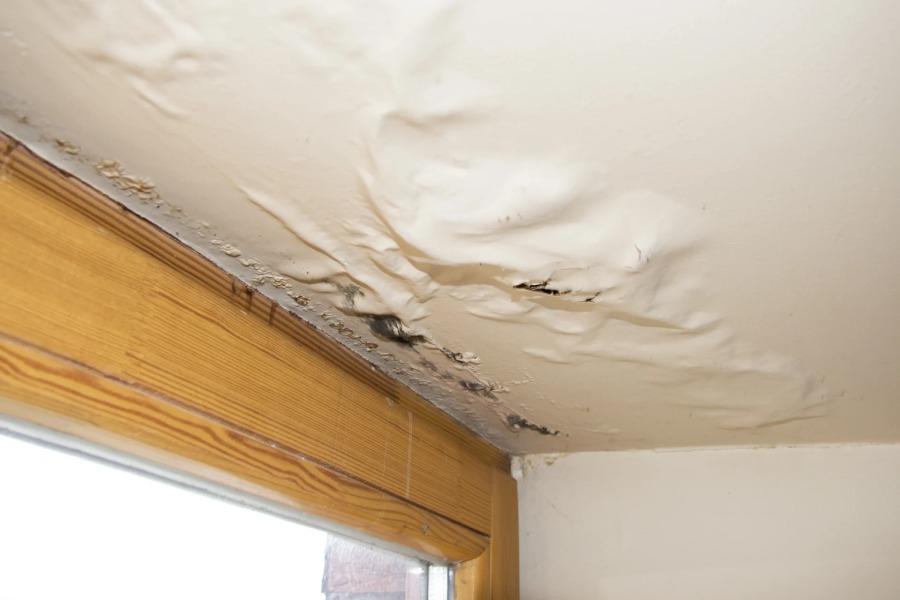Water, essential for life, can also be a formidable destructive force when it infiltrates our homes and buildings. Water damage is a pervasive issue that affects millions of properties each year. It causes billions of dollars in repair costs and often leads to long-term structural problems.
From sudden catastrophic events to slow, insidious leaks, the sources of water damage are diverse and sometimes surprising. Understanding the potential causes of water damage is crucial to implementing effective preventive measures and responding quickly.
Recognizing potential water entry points allows us to protect our properties and reduce the risk of costly damage. This guide will explore the myriad factors that can lead to water damage in residential and commercial settings.
We’ll examine both common and less obvious sources, discussing how each can impact different areas of a property. By the end, readers will be empowered to pinpoint water damage risks and fortify their properties effectively.

Most Common Causes of Water Damage
Water damage is a big problem for many homeowners. From plumbing leaks to broken appliances, water overflow can cause great damage to your property. More than that, the repair cost may be huge. If not taken care of in a timely manner, mold can appear and lead to even further serious damage.
Natural Causes of Water Damage
Weather-related Events
Nature can cause significant water damage to homes, especially during heavy rains, hurricanes, or tornadoes. To protect your home, ensure good drainage around it. Keep gutters clean and in good repair.
Consider using sandbags in flood-prone areas to keep water at bay. Regular maintenance and preparation can help minimize potential damage.
Snowmelt and Ice Dams
In winter, melting snow can cause problems like ice dams, which stop water from flowing off your roof, leading to leakage. To prevent this, ensure your attic is well insulated to keep your roof cold, and consider carefully removing snow or using heated cables on the edges. Taking these steps can protect your home from costly water damage.
Plumbing Issues
Burst or Leaking Pipes
One of the most common causes of water damage is burst or leaking pipes. Problems with your home’s pipes can cause a lot of water damage. Pipes can burst even because of a minor change in water pressure or if it’s too cold outside. Even a minor dripping leak can lead to water damage if not taken care of in a timely manner.
To protect your home against leaks, look for signs like water stains on walls or ceilings or areas that smell moldy. Replace old pipes, if necessary, before they start to leak.
Leaking Fixtures and Appliances
Leaks can come from malfunctioning home appliances like faucets, toilets, and showers. These small leaks waste water and can damage your home over time. Big appliances like dishwashers and washing machines can cause leakage in case they break down. For instance, refrigerators may have a clogged pipe that needs to be addressed promptly to prevent more serious damage. The same goes for dishwashers. They can become worn out with time and start leaking if not properly maintained.
To prevent leakage from becoming more serious, you should either clean up the water promptly or contact a professional. We understand that time is of the essence here, and for that reason, we have a 24/7 emergency response team that’s always ready to respond quickly in case of water damage. Each professional is highly trained with extensive experience in water damage restoration, so you can rest assured that the problem will be solved promptly and effectively.
Clogged Drains and Sewers
Drains and sewers can get clogged as well, which can make water back up into your house. The most common reasons for clogged drains are hair, soap, or other stuff.
Tree roots or broken pipes can block sewer lines. To prevent this, use screens on your drains to catch hair and other things. Have someone check your sewer lines if you have big trees near your house.
Household Accidents
Overflowing Bathtubs and Sinks
Sometimes people accidentally cause water damage at home. Bathtubs and sinks can overflow if you forget to turn off the water, damaging floors and ceilings. To prevent this, never leave water running unattended. Use overflow drains in bathtubs and consider alarms that alert you if water levels get too high.
Accidental Appliance Malfunctions
Appliances like water heaters can leak or burst, causing a lot of damage. Air conditioners can also leak water from condensation. To prevent this, check your water heater regularly for rust or damage. Make sure the drain lines on your air conditioner aren’t clogged. You might want to put a water alarm near your water heater to let you know if it starts leaking.
Improperly Installed or Damaged Roofing
If your roof isn’t put on right or gets damaged, it can let water into your house. This can hurt your attic and ceilings. It can also make mold grow. To prevent this, have someone check your roof regularly. Fix any damaged shingles right away. If you notice a leak, fix it quickly to prevent more damage.

Conclusion
Water damage poses a significant threat to homes and businesses. It can stem from various sources, such as natural events, plumbing issues, and household accidents. Understanding these risks is crucial for effective prevention and timely response.
Identifying the causes of water damage, like leaky pipes and high humidity, helps property owners protect investments. Regular maintenance, prompt repairs, and vigilant monitoring are key strategies in mitigating these risks.
By staying informed and taking action, property owners can safeguard their homes and businesses against the destructive force of water. This proactive approach can potentially save thousands in repair costs and preserve the integrity of their properties for years to come.
